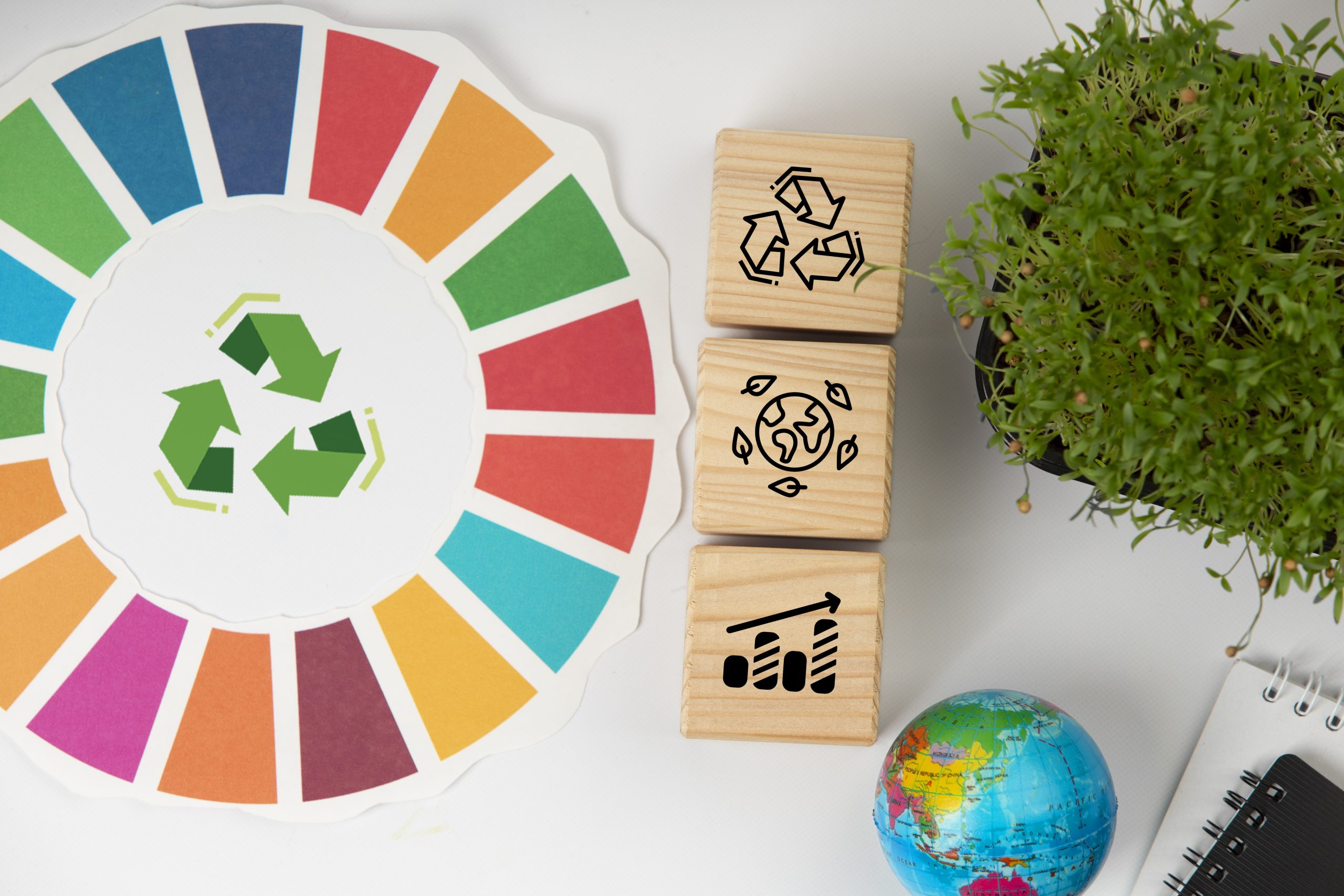On average, only 16 percent of the United Nations Sustainable Development Goals (SDGs) targets are on track to be met globally by 2030, with the remaining 84 percent showing limited progress or a reversal of progress. These are the findings of the ‘Sustainable Development Report 2024’ released by the Sustainable Development Solutions Network.
The report further elaborates that at the global level, SDG progress has been stagnant since 2020, with SDG 2 (Zero Hunger), SDG 11 (Sustainable Cities and Communities), SDG 14 (Life Below Water), SDG 15 (Life on Land) and SDG 16 (Peace, Justice and Strong Institutions) particularly off track.
The five SDG targets on which the highest proportion of countries show a reversal of progress since 2015 are obesity rate (under SDG 2), press freedom (under SDG 16), the Red List Index (under SDG 15), sustainable nitrogen management (under SDG 2), and life expectancy at birth (under SDG 3).
Goals and targets related to basic access to infrastructure and services, including SDG 9 (Industry, Innovation and Infrastructure), show slightly more positive trends, although progress remains too slow and uneven across countries.
The report highlights that SDG targets related to food and land systems are particularly off-track with obesity increasing among people and an estimation that globally, 600 million people will still suffer from hunger by 2030. The report also highlights that greenhouse gas emissions from agriculture, forestry, and other land use (AFOLU) account for almost a quarter of total annual global GHG emissions.
The pace of SDG progress varies significantly across country groups. Nordic countries lead on SDG achievement, with the BRICS countries making significant progress while poor and vulnerable nations lag far behind. Finland is ranked first, followed by Sweden, Denmark, Germany and France.
